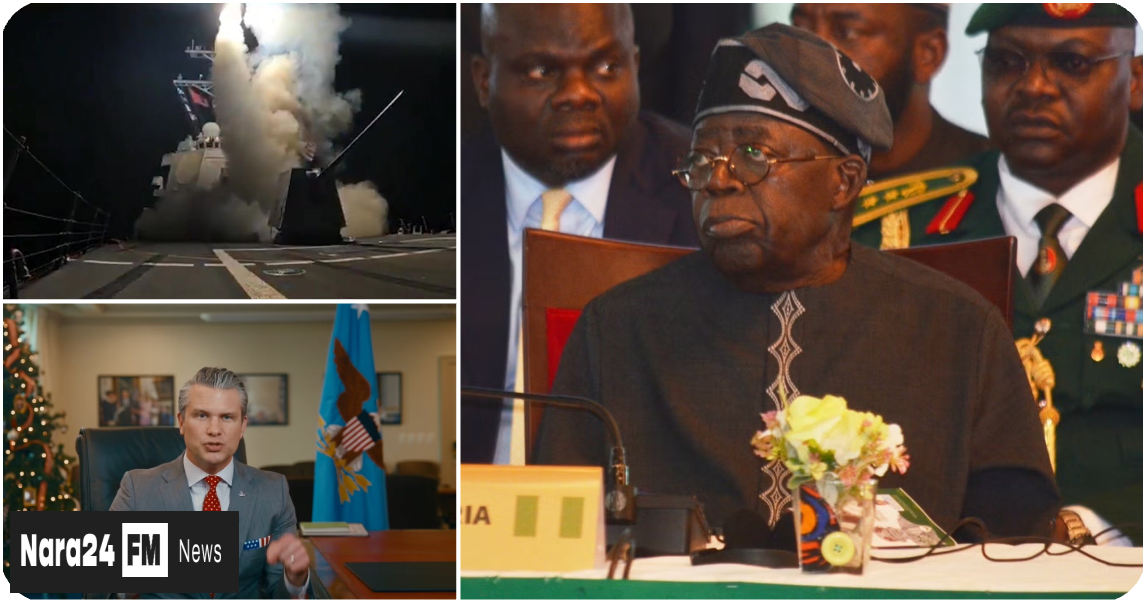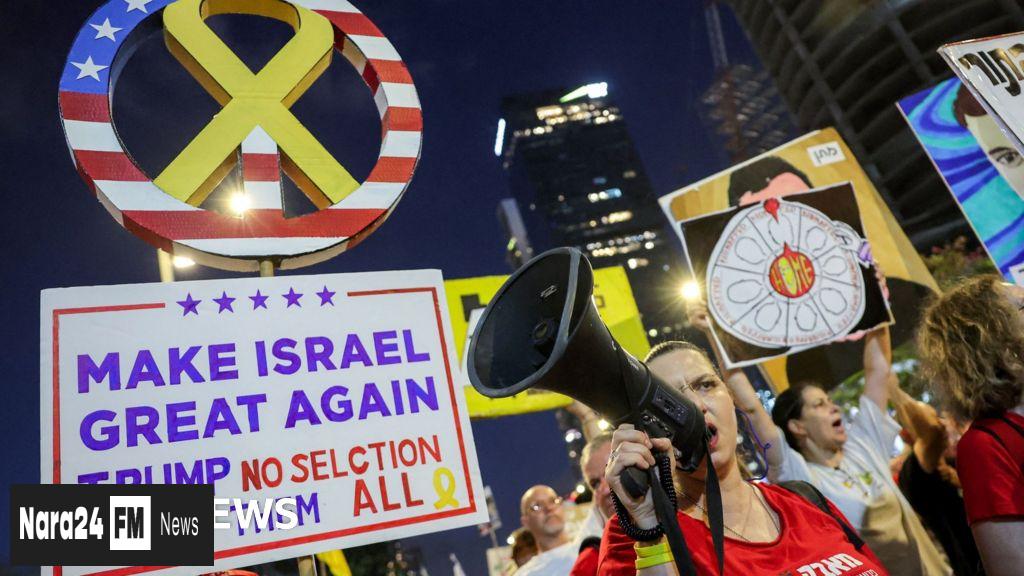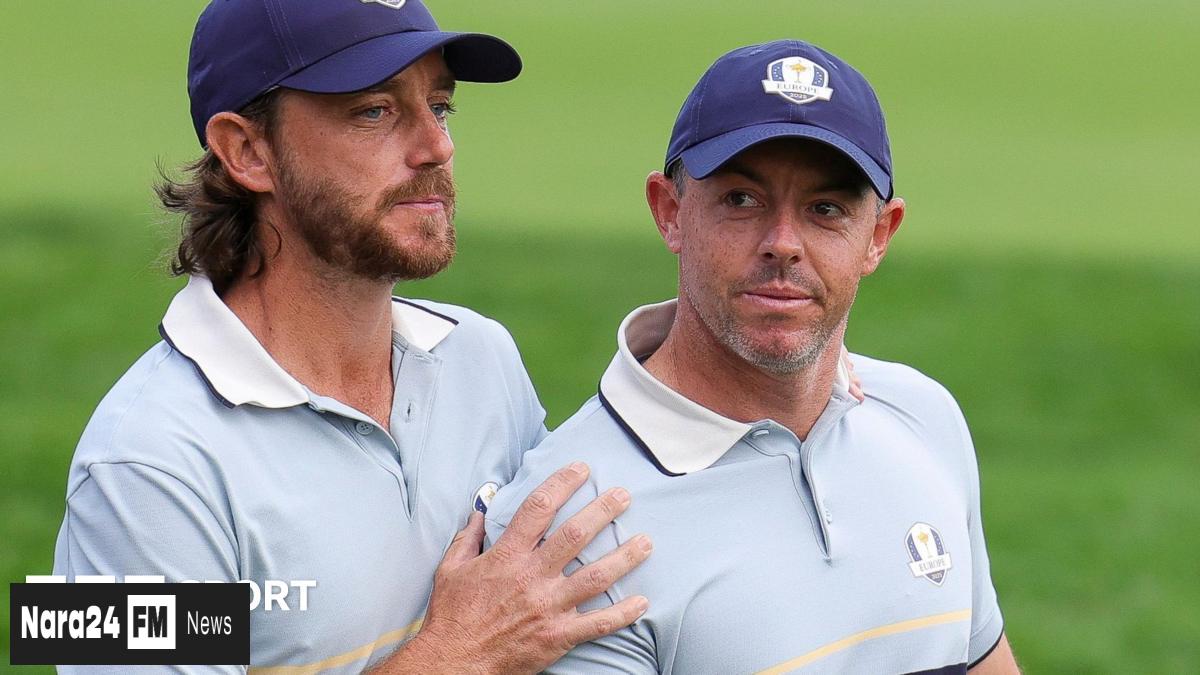The meeting between Israeli Prime Minister Benjamin Netanyahu and US President Donald Trump in Washington has sparked renewed hope for a new Gaza ceasefire agreement, after 21 months of conflict. The US president has been "very firm" about ending the violence and believes "we'll have a deal" this week, according to his recent statements to reporters.
Before boarding his plane, Netanyahu said, "We are working to achieve the deal that has been discussed, under the conditions we have agreed. I believe that the conversation with President Trump can definitely help advance this outcome, which we all hope for."
Indirect talks between Israel and Hamas on a US-sponsored proposal for a 60-day ceasefire and hostage release deal resumed in Qatar on Sunday evening. However, it remains unclear whether key differences that have consistently impeded an agreement can be resolved.
Weary Palestinians living in dire conditions amidst ongoing daily Israeli bombardment are expressing only cautious optimism. Nabil Abu Dayah, who fled from Beit Lahia in northern Gaza to Gaza City with his children and grandchildren, says, "I don't wish for a truce but a complete stop to all war. Frankly, I'm afraid that after 60 days the war would restart again."
The families of Israeli hostages held by Hamas are urging the US president to broker a deal that secures the release of all of those held in Gaza. Some relatives have questioned why the framework deal would not free all captives immediately.
Ilay David, whose younger brother, a musician, was filmed by Hamas in torment as he watched fellow hostages being released earlier this year during the last, two-month-long ceasefire, said, "This is the time to save lives. This is the time to rescue the bodies from the threat of disappearance."
The Israeli hostages' families are urging the US president to broker a deal that secures the release of all of those held in Gaza. Netanyahu is visiting the White House for the third time since Trump returned to power nearly six months ago. However, the leaders will be meeting for the first time since the US joined Israeli attacks on Iranian nuclear sites and then brokered a ceasefire between Israel and Iran.
There is a strong sense that the recent 12-day war has created more favorable circumstances to end the Gaza war. After months of low popularity ratings, the Israeli PM has been bolstered by broad public support for the Iran offensive and analysts suggest he now has more leverage to agree to a peace deal over the strong objections of his far-right coalition partners, who want Israel to remain in control of Gaza.
Hamas is seen to have been further weakened by the strikes on Iran - a key regional patron - meaning it could also be more amenable to making concessions needed to reach an agreement. Meanwhile, Trump is keen to move on to other priorities in the Middle East.
These include brokering border talks between Israel and Syria, returning to efforts to normalise relations between Israel and Saudi Arabia, and completing unfinished business with Iran, involving possible negotiations on a new nuclear deal.









Comments (0)
Leave a Comment
Be the first to comment on this article!